
New Grade 10 Social Studies Curriculum Big Ideas
By Ryan Hunt
The new Grade 10 Social Studies Curriculum stresses four "Big Ideas." This playlist will explore the first Big Idea, that "Local, national, and global conflict can have lasting effects on the contemporary world." Explore some of the stories, articles, and images in this playlist and reflect on how conflict has (and continues to) shaped BC's…
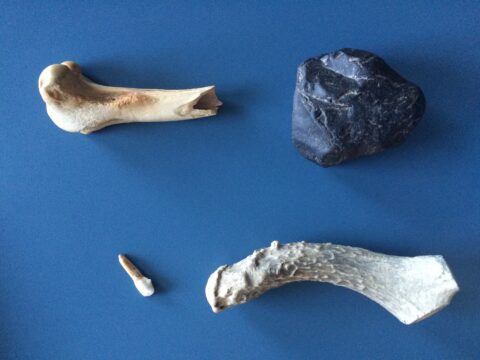
Material Evidence (Archaeology)
Archaeologists study people in the past through material culture - the things that people left behind. One approach is to use a technological perspective. Why would someone make that? How would someone make that? By asking "What would YOU do in this situation?" we use the present as a portal into the past, connecting to the…
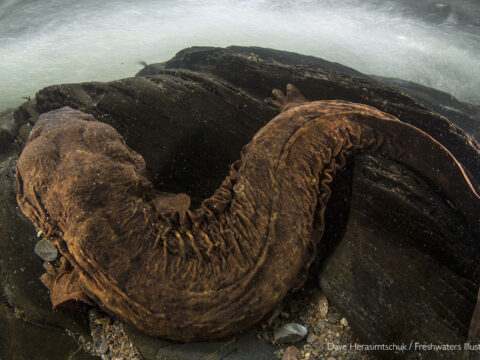
Species at Risk
By Lindsay Epp
In British Columbia, 36% of distinct animal species are labelled "at risk". The first step to conserving our native species and ecosystems is to educate ourselves on these species and the reasons behind their endangerment. Once we know why a species has become endangered, we can begin to take the steps necessary to protect threatened…
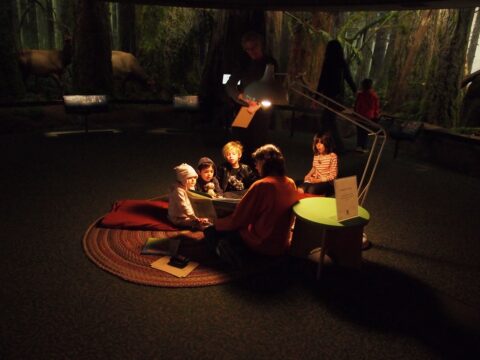
Children’s Non-Fiction Titles are a great way to introduce kids to the wonder of animals
By Lisa Hoskins
Combined with the many wonderful exhibits at the Royal BC Museum and the interesting pathways available on the RBCM learning portal children's non-fiction titles provide an excellent opportunity for further exploration of all kinds of amazing animal facts.
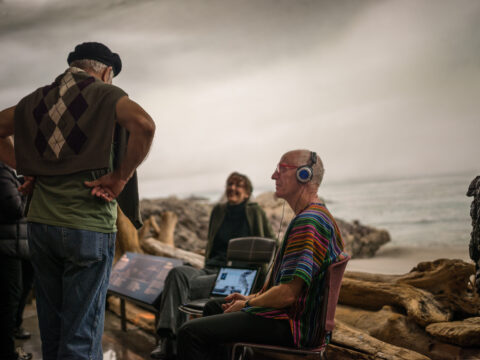
Soundscape Composition Anthropology of Sound Student 2015
Listen to the soundscapes composed by the Anthropology of Sound students from the Department of Anthropology at the University of Victoria and you will be transported in another world of possibilities! Students picked one object or a diorama exhibited at the museum to compose their original soundscape.
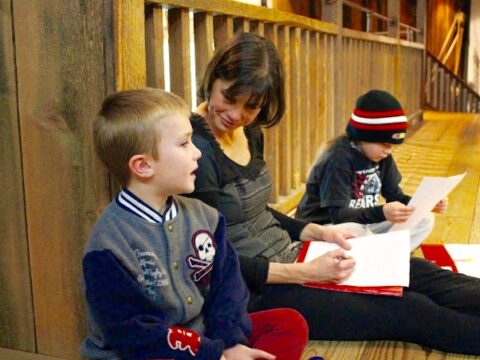
Home Learners Creative Writing Program
These are the stories and pictures of the kids working on their stories for the creative writing class with Paisley and Korina from Story Studio. This four week course encouraged kids to be inspired by the museum objects and displays, while also working alongside the Royal BC Museum's Learning staff.
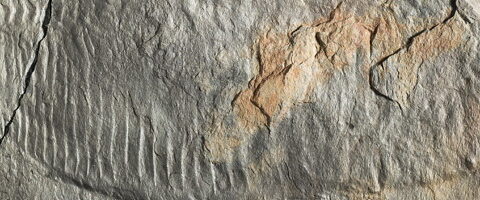
Ancient BC
This playlist explores the ancient landscape of BC. Visit the primordial past--a strange world where alien creatures and exotic vistas shock the senses.
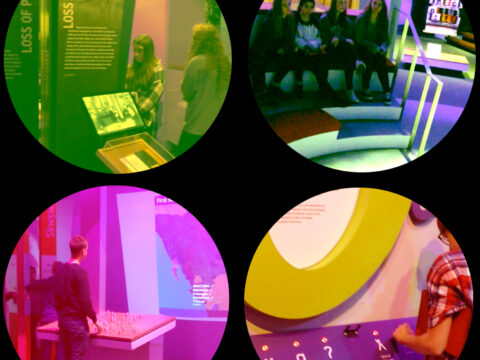
Oral Histories with Seycove Students
By Julie Gennai
Highschool students from Seycove Secondary began an educational journey at the RBCM. Together we looked at the use of different documentation styles, explored the use of tangible and intangible information in the "Our Living Languages: First Peoples' Voices in BC" exhibit and finally, conducted an interview with local archivist Dennis J. Duffy.
